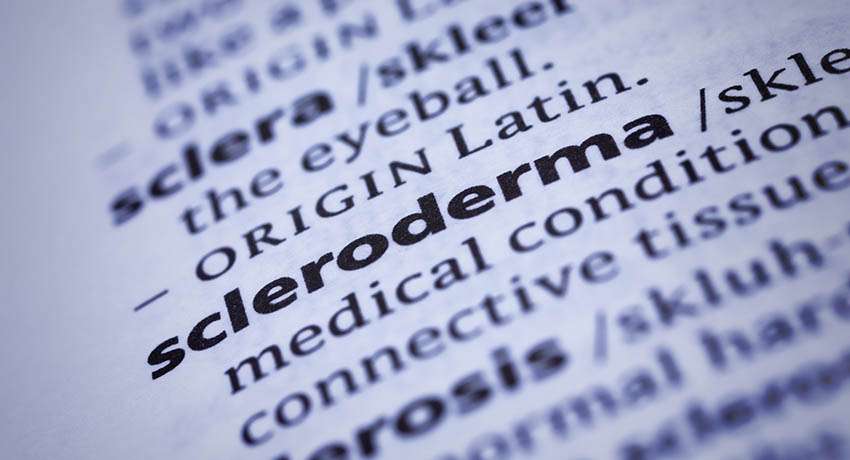
Everyone ages. As such, age-related frailty is a medical issue that plagues the general population. There are a number of medical issues that come as a patient becomes more frail. Wounds heal slower, muscles get weaker, ligaments become less flexible, and more. Age frailty leads to worse health outcomes when facing disease and overall lower quality of life.
This condition affects approximately 10% of the population and is more common in female patients and patients with chronic illnesses. Most therapies are focused on preventative measures, such as exercise, healthy eating, supplements, and other methods. These treatments do not focus on the underlying conditions that cause age frailty.
The basis of age-related frailty occurs when stem cells no longer have the capacity to repair cells and tissue throughout the body. Patients run out of endogenous stem cells which reduces their overall regenerative and healing potential to repair organs and tissues. Researchers are hopeful that alternative therapies, such as stem cell therapy, that can restore the regenerative capacity of stem cells can reverse the effects of age frailty.
A study, Allogeneic Human Mesenchymal Stem Cell Infusions for Aging Frailty, looked into the potential safety and efficacy of stem cell therapy on patients who are suffering from aging frailty.
How Stem Cells Can Help With Age Frailty
Stem cells have been proposed as a treatment method for a variety of conditions, including chronic inflammation, nonischemic heart failure, and more. Chronic inflammation and reduced cardiac function are two aspects of aging frailty. Previous studies have found that stem cells have improved inflammation and cardiac structure in patients suffering from heart-related conditions. Researchers are hopeful that stem cells can reduce the signs and symptoms of aging frailty.
Stem cells have regenerative capabilities, inflammation reduction abilities, and more. Infusing patients with stem cells can help potentially reduce some of the symptoms related to age frailty.
The medical community is actively researching regenerative therapies.
A Promising Research Study
Researchers in Miami conducted a study looking into how stem cells could improve age frailty in patients. 15 patients were enrolled in the study. The patients were split into three groups where each group received a different dosage of stem allogeneic human mesenchymal stem cells. One group received 20 million stem cells, the second group received 100 million Stem Cell Infusions, and the third group received 200 million stem cells.
Researchers followed up at one month to measure the safety of the therapy, at three months to evaluate the efficacy of the treatment, and at six months to evaluate inflammation. First, the study showed that stem cell therapy is safe for patients. Throughout the course of the study there were no treatment-related serious adverse events or immune system reactions. There was one sudden cardiac death at 258 days postinfusion, but it appears not to be related to the stem cell treatment.
Patients who received the 100-million stem cell dose showed the greatest improvements in nearly all parameters, except TNF-α which improved in both the 100 and 200 million stem cell dose groups. The TNF-α indicates inflammation which decreased significantly in the 100 and 200 million dose group. The 20 million dose group showed a moderate decrease in inflammation. This trend showcases that the body may need a certain amount of stem cells to reduce inflammation.
Distance walked in six minutes increased in all patient groups. Patients in the 100 million dose group went from walking an average of 36.6 meters in six minutes at the three month mark to walking an average of 76.6 meters at the six month mark. Overall the patients went from an average of 22.6 meters after three months to an average of 39.3 meters after six months.
The quality of life was also assessed in the study. The 100 million dose group showed the greatest improvements in the physical component of the quality of life score. There was no significant difference in the mental health aspect of patients after receiving stem cell therapy. Overall, the study was successful in showing that Stem Cell Infusions are safe and potentially effective in treating age frailty.
As age frailty is based on some reduction in stem cell regenerative capacity, infusing the body with new stem cells could replenish the body’s stem cell factory. Additionally, older stem cells with less regenerative capacity could be replaced when new stem cells are injected into the body. Stem cell therapy could help reverse some age-related frailty symptoms. The research is promising for stem cell therapy to reverse age frailty.

